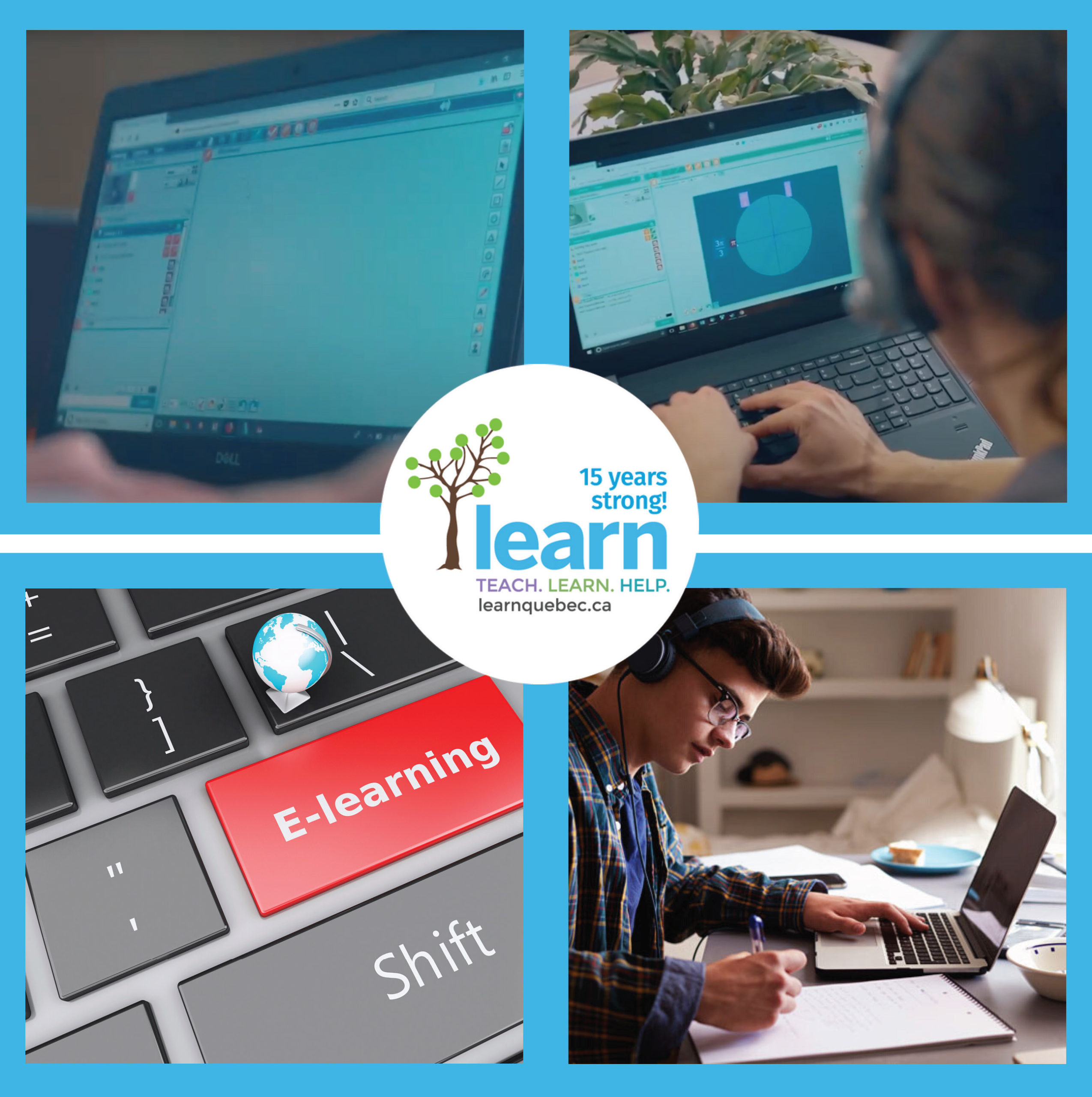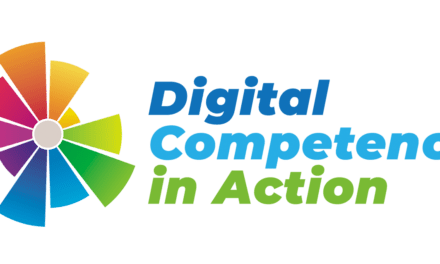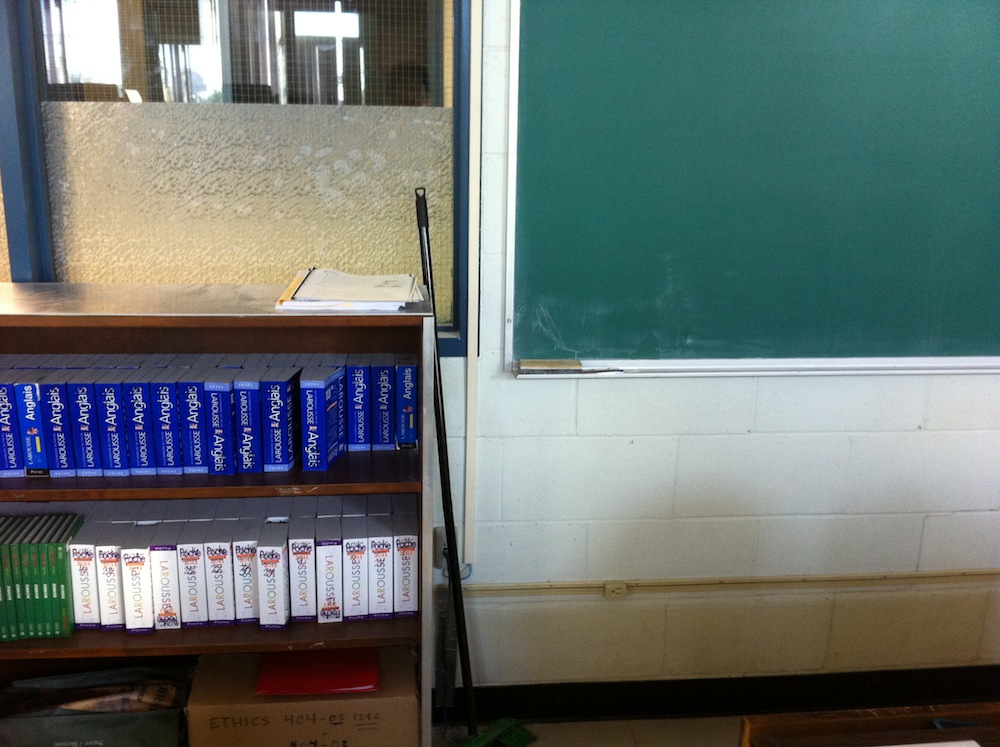Can you picture this? You are back in high school, and your teacher is in front of the class writing on the board while talking to the class. Your textbook is open, your notebook next to it, and you are scribbling in whatever you can hear, and you are thinking to yourself, can this be any more boring, even more useless? Now move forward a few weeks in this memory, and you are sitting at a desk, and you are just about to finish that big end of year exam. You are relatively confident you will do well on this exam. In the last couple of days, you have really crammed for this one, and you are acing it. You are pleased with yourself, but also terribly relieved. It is over. Now move forward a couple of months, and you are back in school, and you find out you have the same boring teacher as last year. You don’t remember much of what you did, and you are facing another year of this. It sucks the life out of you.
Now imagine this. You are sitting in front of a computer, and you are logged into your online class. Last night was really cool because you helped moderate a Twitter chat with your classmates and teachers, and you also had the chance to prepare for today’s class in which you will be working with your classmates on an exciting project in your breakout rooms. Plus, the added bonus is that there is this girl in your class, and you think she likes you. You have never met her face to face, but you suspect there is some chemistry between you, and you even imagine one day meeting her face to face, and who knows, maybe even marry. In the meantime, though, you are engaged in your classroom project, and your teacher is absolutely the best ever. You can reach her almost anytime, and you know she actually cares. When the end of the year comes, like most of the kids in your class, you are confident you will do well, but more importantly, you realize you like this subject, something you thought would never happen. You can’t wait for next year and truly hope you will have the same Virtual Campus teacher.
Guess what? Both are real scenarios! We all recognize the first situation because at one time or another, and almost without exception, we have lived through it. However, the second online class setting sounds like a work of fiction to most parents. As far as many parents are concerned, online education is just distance education and literally is just a fancy correspondence course. Lots of reading, a few videos to jazz it up, an occasional email exchange with some anonymous teacher who grades your assignments, and nothing but time in front of a computer screen. The truth is, some online courses are like that, and for those students, the independent learners who represent about 5% of the student population, this kind of course is just fine. These learners do well in almost any setting. Still, the remaining 95%, and especially younger learners at the elementary and secondary school levels, they need to exchange with their peers, construct their learning, and engage both cognitively and emotionally.
Here is what people need to understand: Poor pedagogy remains poor pedagogy, whether it is in a brick and mortar classroom, or a virtual setting. On the other hand, educators in any setting know what they have to do to get the most out of their students. Both settings offer different opportunities, and both have their advantages and disadvantages. Unfortunately, we still read how the only place where real learning can happen is in the regular classroom, and that it is the ideal place for students, but that isn’t true.
There are many myths surrounding online education ranging from it being cold and impersonal to the need to be a computer whiz to teach in this setting or to learn in it. The reality is not the case. Since 1999 LEARN has been giving courses to high school students using a real-time delivery model blended with a wide range of resources, and our students generally outperform students in a conventional classroom. Our retention rate is over 90%, which surpasses the overall provincial average by 20%. Our organization has won awards on the international level, and our teachers have been recognized far and wide for their outstanding accomplishments. In the last two years, we have also tutored thousands of students at the elementary and secondary school levels, and parents have raved about this service, which like everything else LEARN does, is offered at no charge to the community.
If you want to know more about e-learning and what it can and should be, reach out to us. We would be happy to share our experience with you.
Dr. Michael Canuel
CEO, LEARN
Chair, Canadian e-Learning Network
All about eLearning! Explore online education using #eLEARNedchat Tuesdays at 4:30 PM





